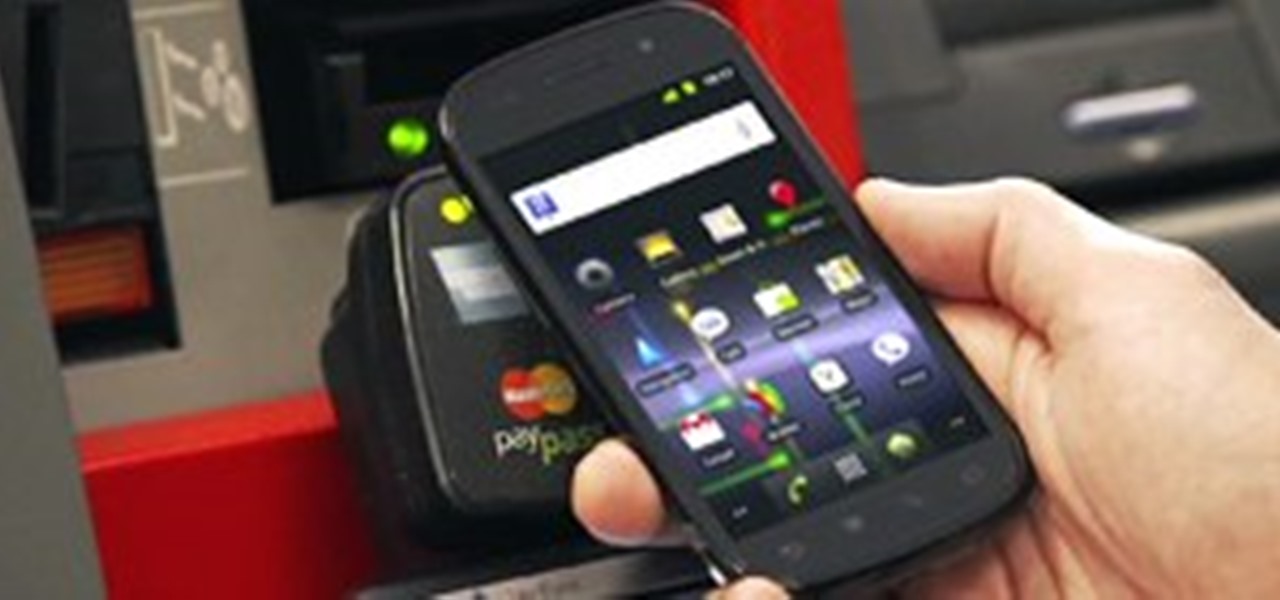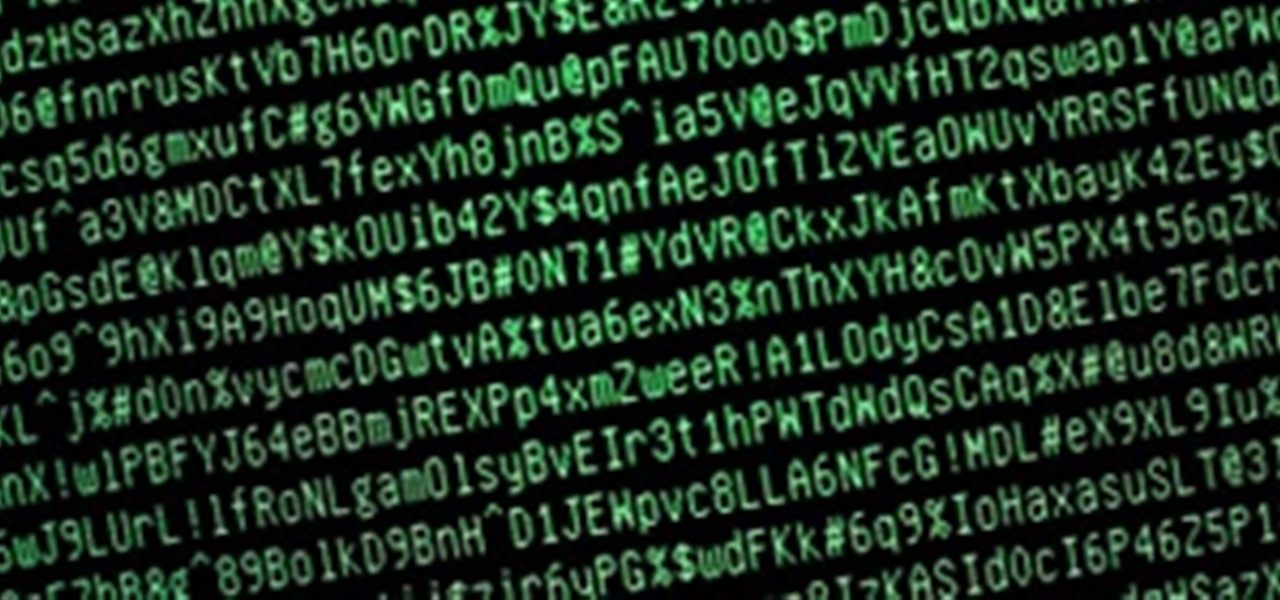
Gone are the days when you had to carry a clunky DynaTAC to make phone calls, pocket phone book for you contact list, Sony Discman for your tunes, and wallet for you cash and credit cards. Today, all you need is your smartphone. To be specific, Google's Nexus S 4G on Sprint.

As hard as you try to protect your valuable information with strong passwords and anti-doxing measures, there's nothing you can really do when someone else gives up your goods. And that is the case with the recent Global Payments breach.

As you progress in the world of information security, you'll find yourself in situations where data protection is paramount. No doubt you will have files to hide and secrets to share, so I'm going to show you how to use the GNU Privacy Guard (GnuPG or GPG for short) to encrypt and decrypt as you need. GPG is a great open-source version of Pretty Good Privacy (PGP), a similar application used for encryption, but licensing and patent problems led to the development of GPG in its wake.

In Alan Wake, there are hidden messages hidden throughout the levels that are only visible with a flashlight. If you don't flash the light at a particular spot, you will not be able to see the message.





